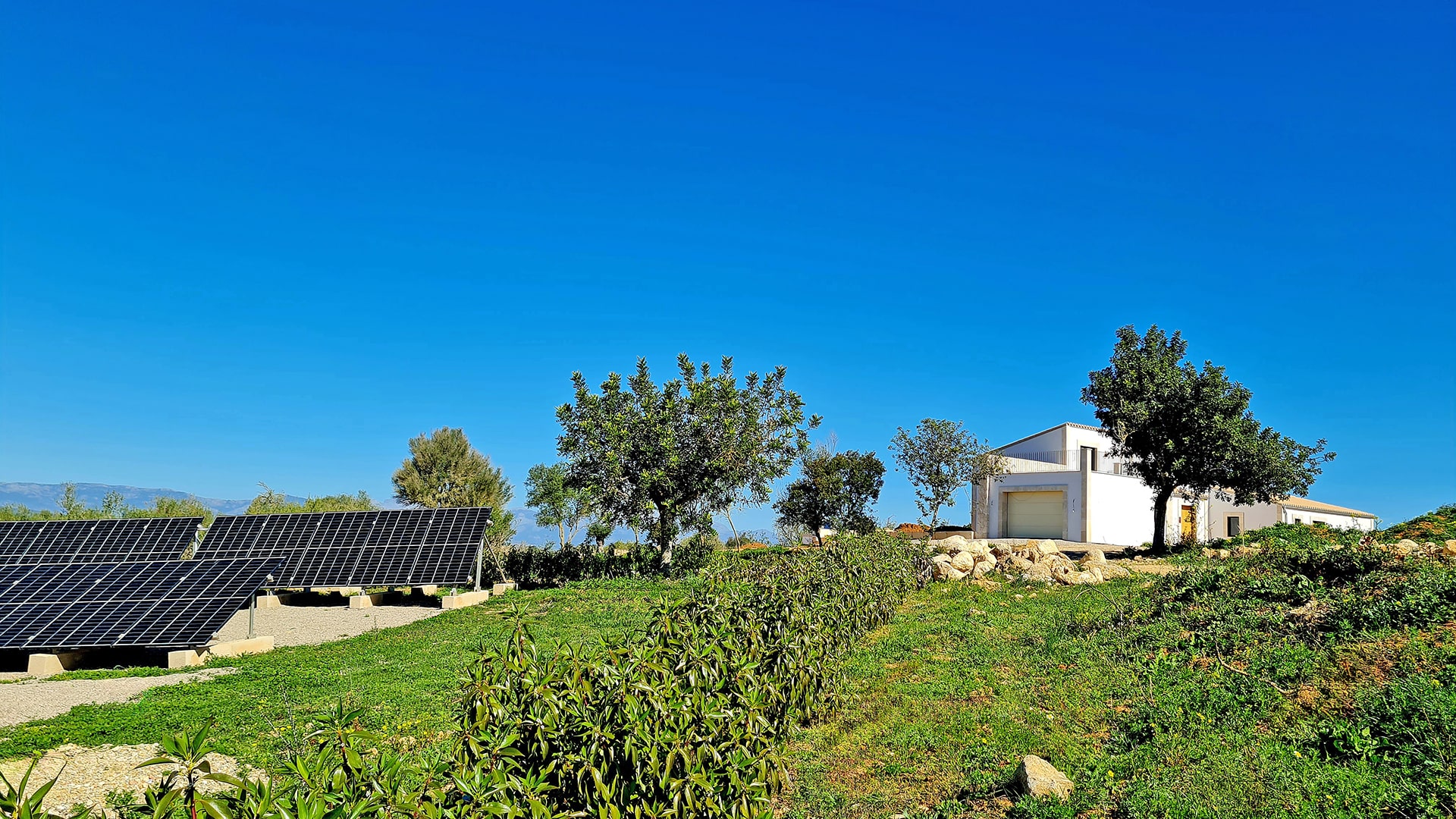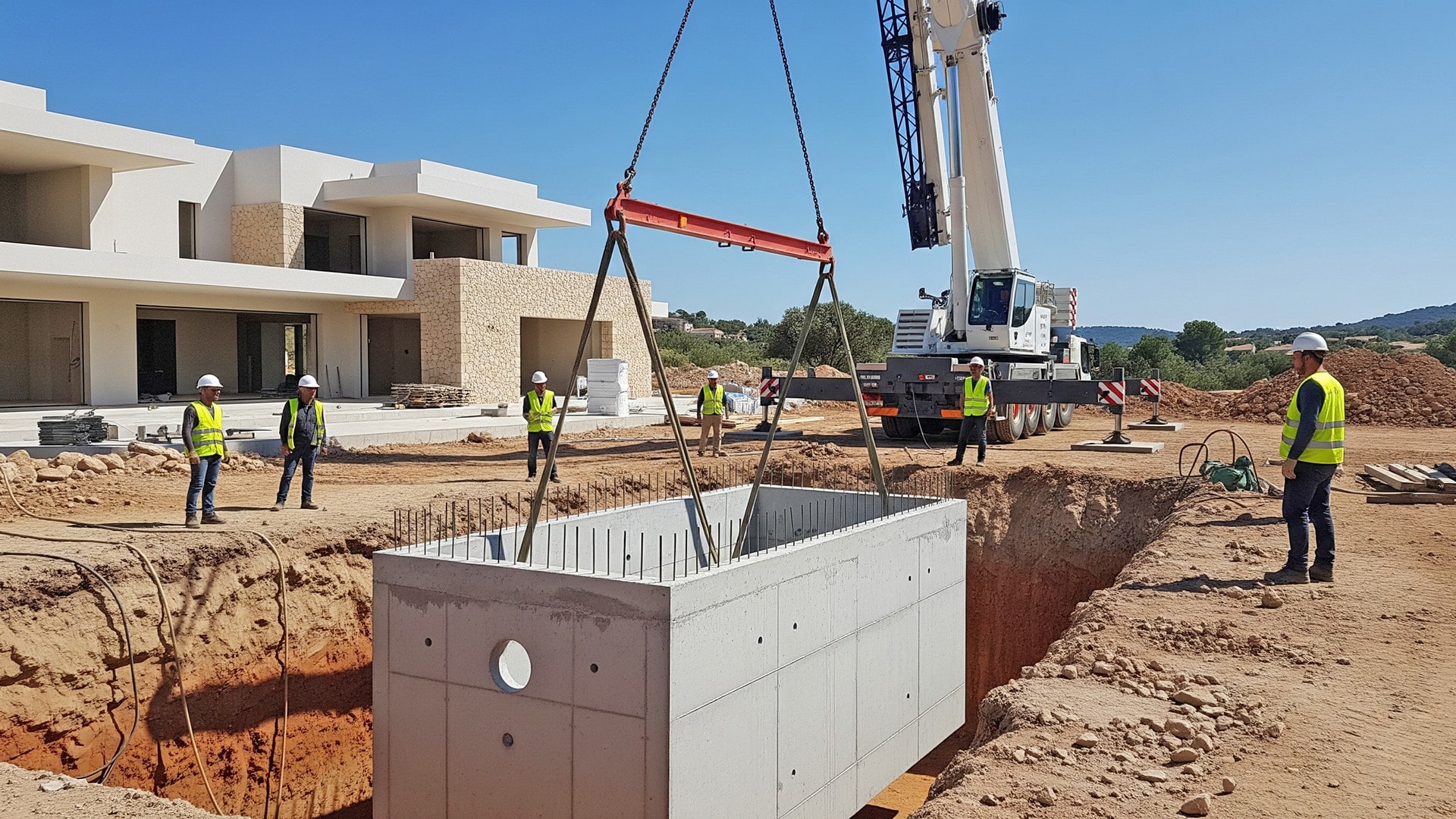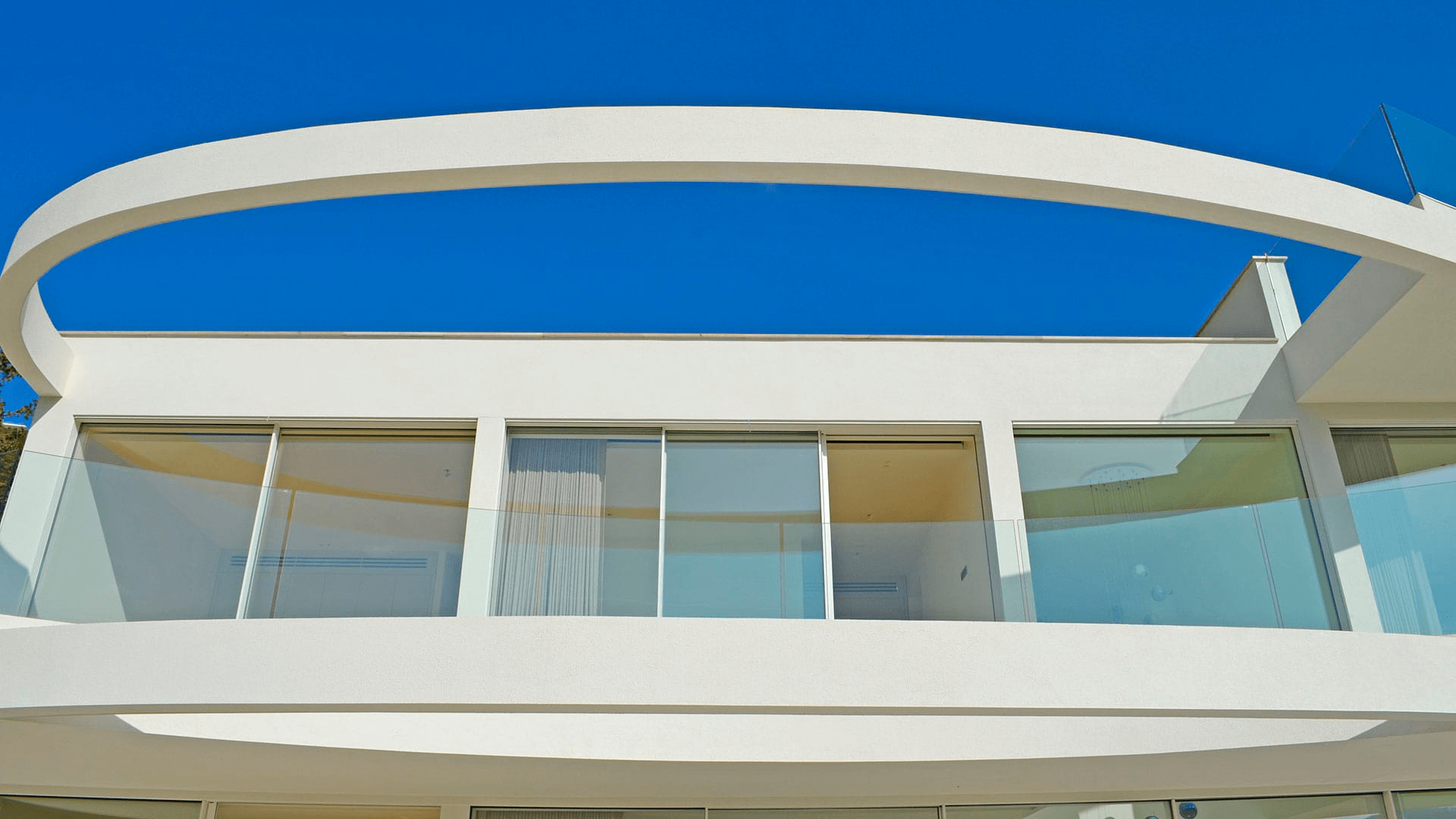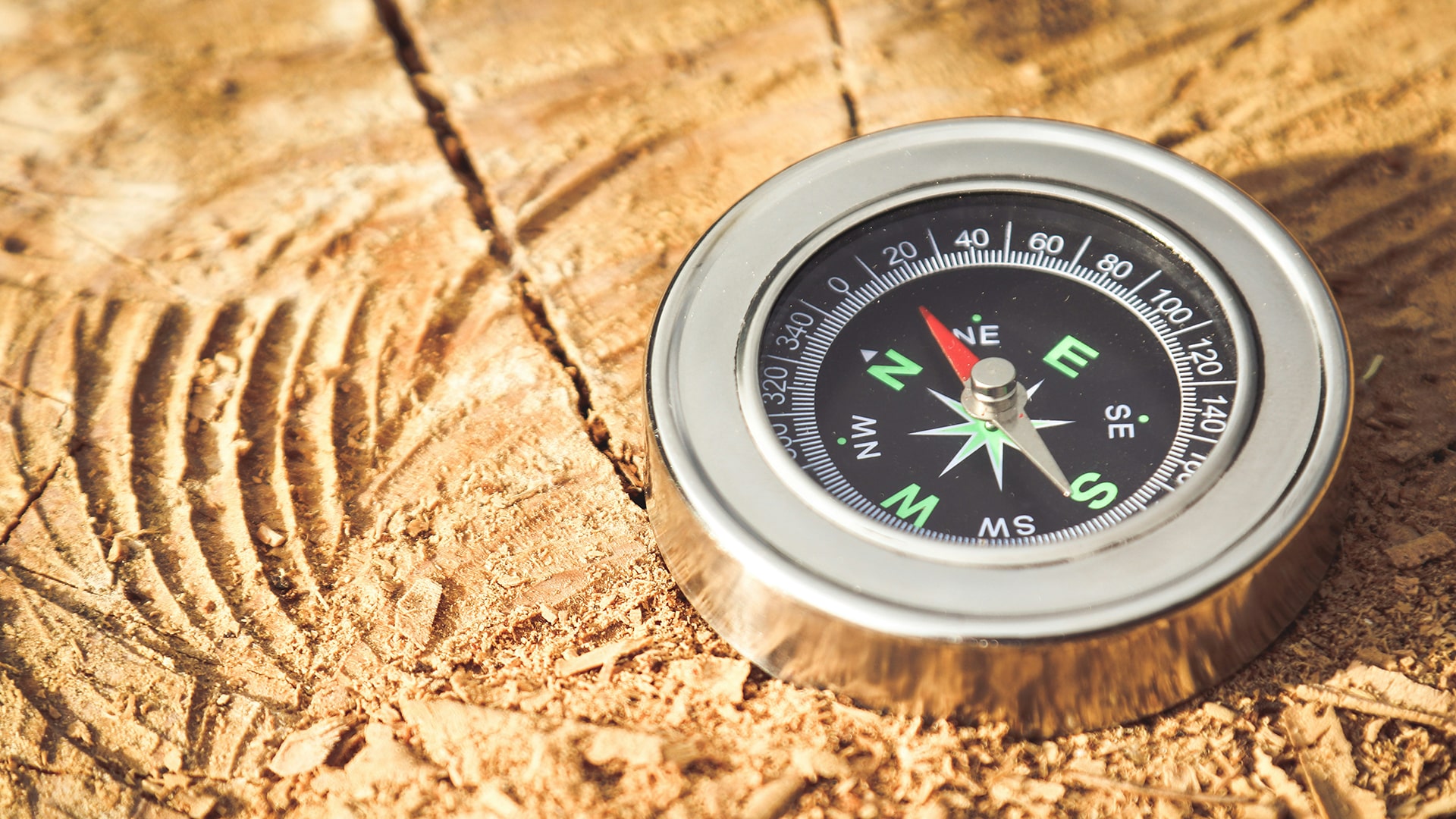

Rainwater and Cisterns in Mallorca – how to save money and protect the enviroment
Water is a precious commodity in Mallorca, and for good reason. Tap water comes predominantly from reservoirs and groundwater reserves, which are often heavily utilized during the summer months. Especially in hot summers, consumption rises due to the high number of tourists, while rainfall is scarce. This regularly leads to bottlenecks and higher water prices. It is all the more important for homeowners to use alternative solutions: rainwater and cisterns offer a sustainable way to save costs and protect the environment at the same time. In this article, we explain how rainwater can be collected and used, the benefits of cisterns, and what to look out for.
Why collecting Rrainwater makes sense in Mallorca
- Compensate for dry spells: Mallorca has long periods without rain in the summer. Collected water ensures that your garden, pool, or household usage doesn’t suffer
- Save money: Tap water in Mallorca can be expensive—every use of rainwater reduces your water bill
- Protect the environment: Less tap water consumption relieves local water resources and lowers your carbon footprint
Cisterns in Mallorca: Types and Uses
- Underground cisterns: Space-saving and well-protected from contamination. Ideal for larger quantities of water
- Above-ground tank solutions: Easy to install, often cheaper, and easily accessible for maintenance
- Rainwater use: Cisterns can supply rainwater for garden irrigation, toilets, washing machines, or even pools
- Tip: With a filter and pump system, rainwater can be used hygienically for various household purposes
What Can Collected Rainwater Be Used For?
Collected rainwater in Mallorca can be used in many ways, helping to save costs and relieve local water resources:
- Garden irrigation: Lawns, plants, and fruit and vegetable gardens can be supplied completely or partially with rainwater
- Pool filling: Pools require large amounts of water, which can be provided cost-effectively with cistern water
- Household use: With suitable filters, rainwater can be used for toilets, washing machines, or cleaning purposes
- Emergency reserve: In particularly dry summer months, collected rainwater can serve as a buffer when the tap water supply is restricted
Note: Rainwater should not be used directly as drinking or cooking water without appropriate treatment.
Costs and Economic Viability of Cisterns
- Installation: A simple cistern (3,000–5,000 litres) in Mallorca costs between €3,000 and €6,000, including installation
- Operation: Low maintenance costs (filter cleaning, pump check)—approx. €100–200 per year
- Savings: Garden irrigation, pool filling, and household water can reduce the water bill by €200–500 annually, depending on consumption and cistern size
Subsidies and Legal Regulations
- Subsidies: Some municipalities in Mallorca offer grants for rainwater harvesting and sustainable water storage
- Building permits: Underground cisterns generally require a permit, especially for larger systems or in nature reserves
Practical Tips for Homeowners
- Clean gutters regularly so that the water flows cleanly into the cistern
- Install a suitable filter to remove dirt and leaves
- Check pumps and pipes to ensure optimal use
- Plan for larger cisterns in the summer to avoid water shortages
FAQ: Rainwater and Cisterns in Mallorca
Can I use the collected rainwater for drinking?
Not recommended without additional treatment. Cistern water is primarily suitable for the garden, pool, and toilets
What size should my cistern be?
For an average household with a garden, 3,000–10,000 litres is reasonable. More may be required for pool systems or larger properties
Is the investment economically worthwhile?
Yes—due to the savings on water fees and the environmental benefits, a cistern usually pays for itself within 5–8 years
Conclusion
The use of rainwater via cisterns is both ecologically and economically sensible in Mallorca. It reduces dependence on expensive tap water, protects the environment, and ensures that your home and garden are well-supplied even in dry months. Anyone who invests in a cistern now will save money in the long term and act sustainably.

